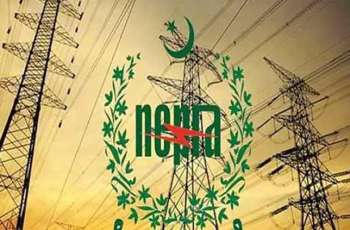MOSCOW (Pakistan Point News / Sputnik - 20th January, 2021) Germany is moving ahead with two projects to import Russian natural gas and American LNG, an approach that has put it between the two rival powers.
Lower Saxony and Mecklenburg-Vorpommern, two states on the Baltic Sea, are advocating the competing projects � importing US fracking gas by ocean-going vessels and the Russian gas link Nord Stream 2. Both have set up gas lobbying agencies to promote their fuel of choice.
Regional German authorities bill the initiatives as key to the green transition, but the available documents miss a great deal of detail that would allow an informed conclusion on which one is climate-friendlier, according to an article in Der Spiegel magazine.
Three LNG terminals will be built in Lower Saxony and nearby Schleswig-Holstein. A facility in the port of Wilhelmshaven is nearing completion, while another one near Hamburg is going through approval procedures. The weekly reported that the operator was looking for importers in the US.
Liquefied natural gas will be shipped across the Atlantic in mega-tankers. Der Spiegel estimated that several large vessels will be coming in with their explosive load every week, which will require the Elbe river to be further expanded. This may threaten the nearby natural preserve.
"More than that, the planning documents for the terminal construction left out the impact on the climate," the weekly cited a study by the Environmental Action Germany nonprofit as saying. "The amount of emissions generated by gas import was completely omitted."
Der Spiegel challenged the depiction of methane as a climate-friendly fossil fuel. It said the UN Intergovernmental Panel on Climate Change has found methane responsible for a fourth of anthropogenic CO2 emissions.
The United States produces a significant share of natural gas by injecting chemicals into the earth at a high pressure. A study published by the Nature magazine in 2018 found that 60 percent of methane leaks at US fracking wells went underreported. Gas liquefaction and deliquefaction make LNG transport even more energy consuming and increase LNG's toll on the environment.
The environmental cost of gas production and transport through the Nord Stream pipeline is equally obscure, according to the weekly.
A study conducted by the Fraunhofer Institute for Systems and Innovation Research in Karlsruhe concluded that it is climate-friendlier than LNG due to a lower number of methane leaks observed during the production phase. This is offset by the sheer distance at which gas is transported �� more that 745 miles in the sea alone.



